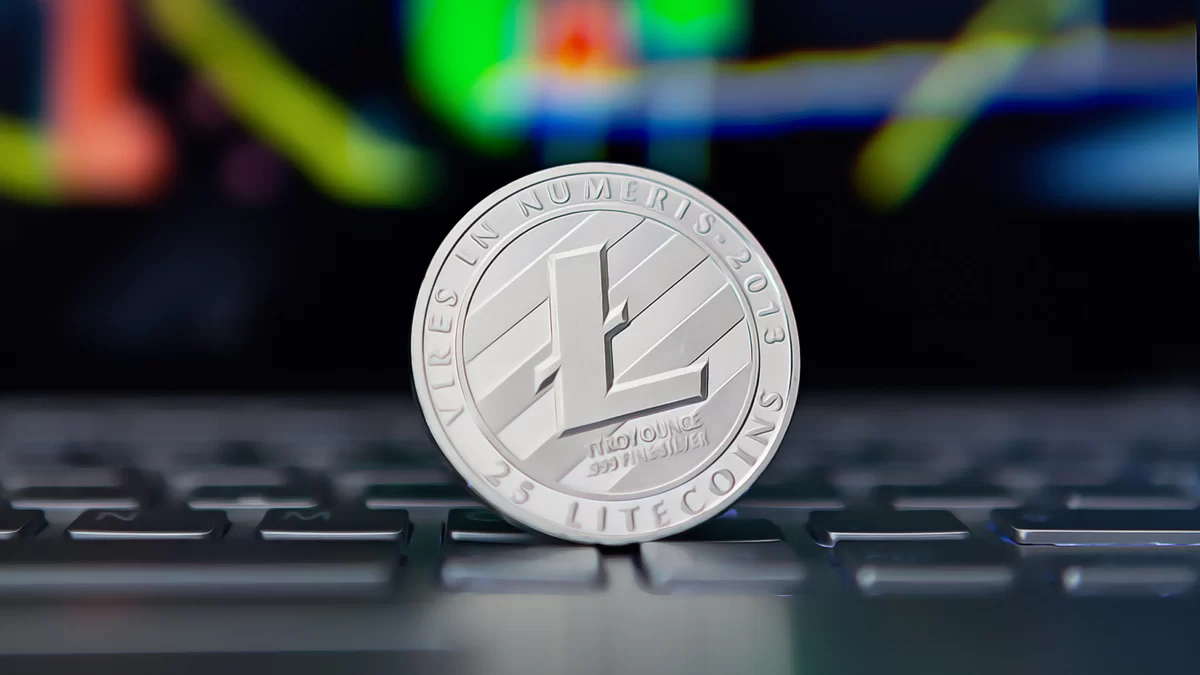The cryptocurrency investor landscape has been entangled in SEC disputes for a while now, and the process, intensified with the XRP Coin, has turned into warfare this month with lawsuits opened against two giant exchanges. So, what does the SEC, viewed with an impartial eye, want? A former senior SEC executive answers this question.
What is SEC’s Goal?
Sign up or perish. This is, in the simplest form, what the SEC wants. Particularly after last year, when dozens of companies like FTX collapsed, a significant portion of its customers were defrauded, the SEC has reached this point. John Reed Stark, former senior SEC executive, disclosed his thoughts on several matters today.

What Does SEC Want?
The disapproval of cryptocurrency investors and issuers for the application of US securities laws does not stop the SEC. The regulator states that it’s possible to apply current laws to the industry, and it will do so.
Stark says, “The entire crypto world has a structure built on non-compliance with US securities laws, and the SEC is fed up with it. Crypto enthusiasts do know what the rules are; they just don’t like the outcomes when the SEC applies these rules against their gains.”
Guidance Issue
The SEC has been heavily criticized on this subject, and they mentioned in the hearing related to the freezing of Binance‘s assets that clarifying the scope of the rules will take time. They also underlined that crypto companies need to comply with the current rules. Stark commented on this matter, saying, “Don’t believe it when crypto fraudsters say they’ve been deprived of ‘fair notice’ that their behavior might be illegal. Binance, Coinbase, and the rest of the crypto brokers made an economic decision to accept the risk of sanctions as the cost of doing business. We know that Coinbase was warned that it could be accused of selling unregistered securities and failing to register as an exchange, broker-dealer, and clearing firm. They admitted this themselves.”
Is SEC Choking Innovation?
Yes, because it’s trying to regulate the industry with 100-year-old rules, and there are US politicians who agree with the crypto world on this. However, Stark thinks differently;
“Crypto enthusiasts ridicule the SEC for choking innovation and forcing crypto operations overseas, claiming that the US market will somehow lose the miracle, innovation, and technological transformation created by crypto. No device has yet been invented that can measure my indifference to crypto platforms moved beyond US borders. The same applies to the production of heroin and blood diamond mining. Good riddance. Crypto is not innovation, and it has never been. On the contrary, the crypto world is a den of thieves full of fraud, manipulation, and chicanery. In my opinion, crypto is not innovation, and it has never been.”
SEC Approved Cryptocurrencies
Currently, it seems impossible, especially as a significant portion of the altcoins on the market have entered circulation through methods such as presale and launchpad. The number of cryptocurrencies without a company, foundation, or organization behind them would not exceed the fingers of one hand. Although PoW-based altcoins such as Bitcoin, Litecoin, and Doge may stand a chance, the SEC is unlikely to take a step towards “approved cryptocurrencies” in the short term without an agreement with the CFTC.
PoW-based cryptocurrencies that have a dispute with the CFTC are likely to be saved from SEC wrath in the future. Bitcoin being under CFTC control is viewed as certain.









